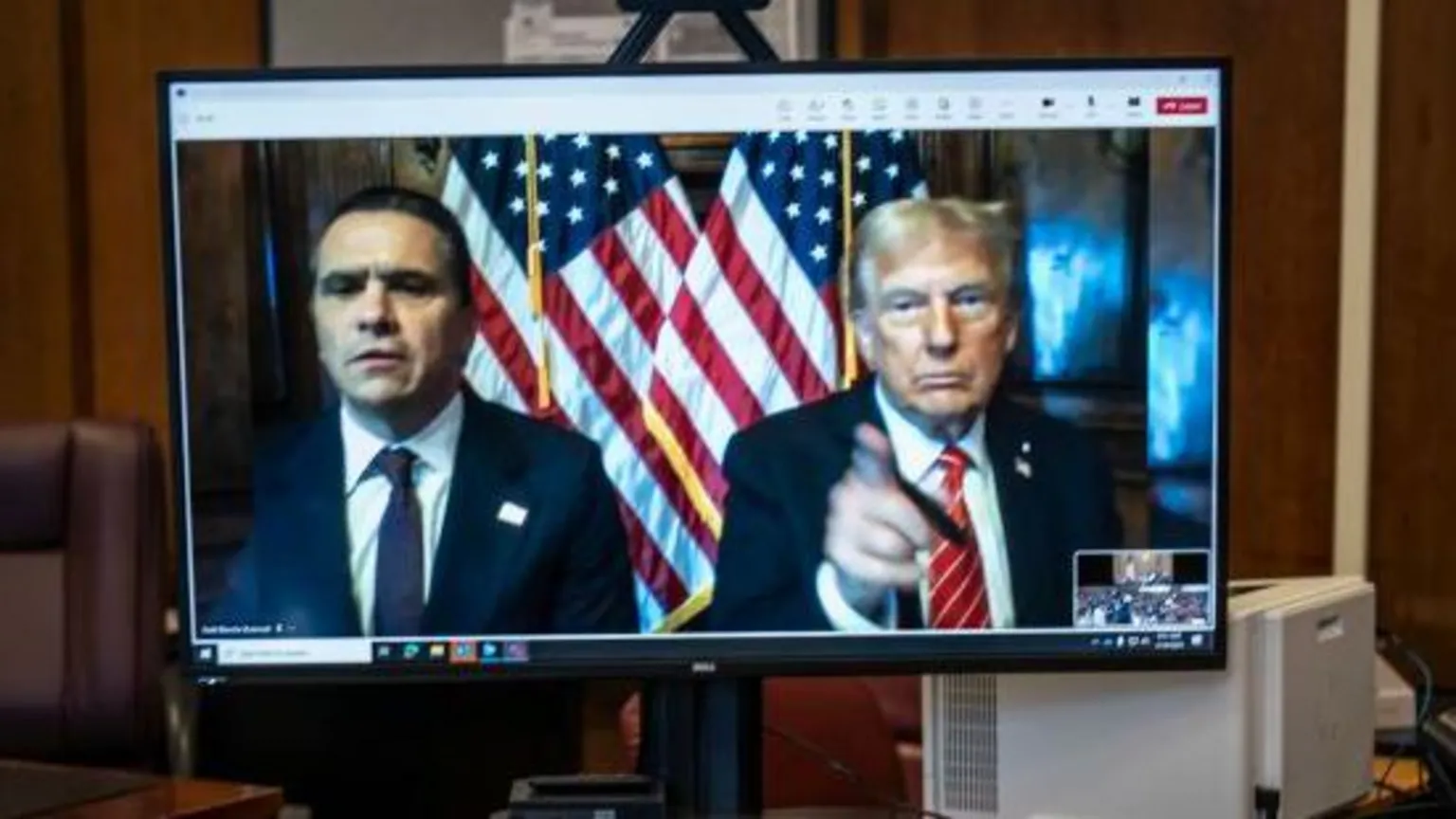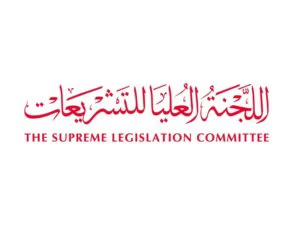Donald Trump, the president-elect, was sentenced without penalty in the New York hush money case on Friday, marking a historic moment as the first convicted felon to assume the presidency. Despite his conviction on 34 felony counts of falsifying business records, Trump will face no fines, probation, or jail time as he begins his second term in office.
Here’s what unfolded during the sentencing and what it means moving forward:
No Penalty, But a Historic Conviction
Judge Juan Merchan handed down an unconditional discharge, citing the extraordinary legal protections of the presidency as the reason for not imposing any punishment.
Trump, appearing virtually from Mar-a-Lago, showed no remorse. Instead, he repeated claims of a “political witch hunt” and attacked those involved in the case.
Despite the conviction, Trump highlighted his election victory, stating that voters had followed his trial and returned him to the White House.
Legal Protections Shielded Trump From Punishment
Judge Merchan emphasized that the protections tied to the office of the presidency, not Trump himself, shaped the sentencing decision.
“It is the legal protections afforded to the office of the president that are extraordinary, not the occupant of the office,” Merchan stated.
Prosecutors supported the lenient sentence but criticized Trump’s behavior. Assistant District Attorney Josh Steinglass accused Trump of eroding public trust in the legal system by rejecting the jury’s unanimous verdict and encouraging others to do the same.
Trump’s Legal Status Moving Forward
With the sentencing finalized, Trump enters office as a convicted felon but faces no immediate legal consequences. The conviction, however, allows his attorneys to move forward with appeals, a process expected to take years.
Steinglass stressed the importance of respecting the jury’s verdict, calling it “unanimous and decisive.” Judge Merchan, while bound by legal precedent, noted, “One power [presidential protections] do not provide is the power to erase a jury verdict.”
Timing Neutralized Political Consequences
The delayed sentencing, which occurred after the election, shielded Trump from any immediate political fallout. Legal experts continue to debate whether the low-level felonies warranted harsher penalties, as they carried a maximum four-year prison term.
The timing of the case also raises questions about how a pre-election sentence might have impacted Trump’s campaign or voter perception.
Appeals Will Dominate Trump’s Legal Strategy
Trump has vowed to appeal the conviction, calling the case a “disgrace” and criticizing the judge. His legal team will challenge the verdict in state appellate court and could take the case to New York’s highest court or the U.S. Supreme Court if necessary.
Notably, two of Trump’s defense attorneys are set to join his administration, ensuring his legal battles will remain closely tied to his presidency.
Implications for Public Trust and Accountability
The case underscores the complexities of holding a sitting or former president accountable under the law. Trump’s conviction, coupled with the lack of punishment, has sparked debate over the balance between presidential protections and the need for accountability.
As Trump prepares to take office, this historic conviction will likely remain a defining issue for his presidency and the broader legal and political landscape.
What’s Next?
While Trump avoids penalties for now, his legal challenges are far from over. Appeals are expected to take years, and the case will likely shape public discourse around the rule of law and the presidency for the foreseeable future.





